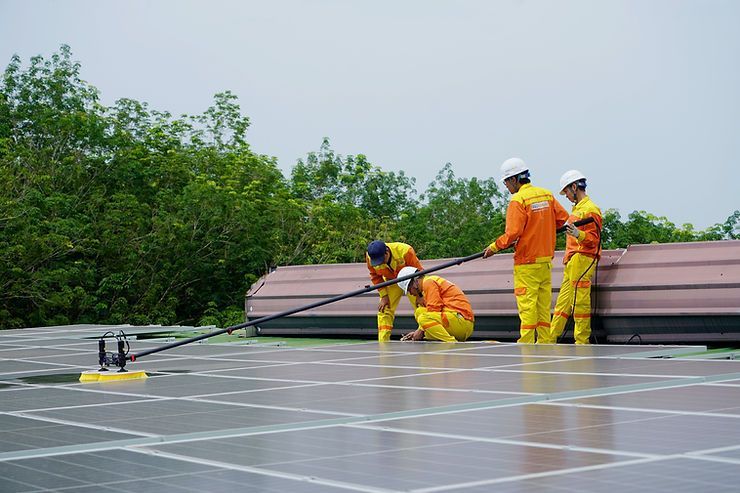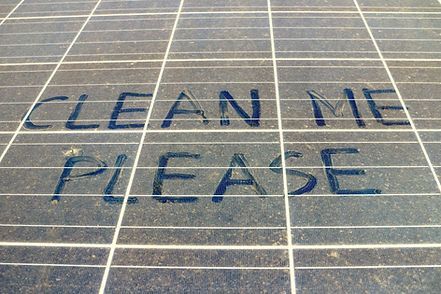5 Acts of Nature Impacting Solar Panel Efficiency
Nature's influence on solar panel efficiency cannot be overlooked. In this section, we will explore five acts of nature that can significantly reduce the efficiency of solar panels. From soiling and shade to the presence of pests, these factors can pose challenges for solar energy production.
Firstly, soiling can have a substantial impact on solar panel performance. Dirt, dust, grime, and even bird droppings may accumulate on the surface over time. This build-up creates a barrier between the sun and the photovoltaic cells, resulting in reduced energy absorption.
Secondly, shade plays a detrimental role in limiting solar panel efficiency. Overgrown trees or nearby structures casting shadows onto panels restrict sunlight exposure. Even partial shading can hinder optimal performance by disrupting the flow of electricity through interconnected cells.
Thirdly, pests such as pigeons can cause significant damage to solar panels. Their nesting activities often leave behind debris and droppings that not only obstruct sunlight but also create potential electrical hazards if they come into contact with important components.
Additionally, weather conditions such as heavy snowfall can impede solar panel functionality. The weight of accumulating snow on top of panels not only blocks sunlight but also adds strain to their structure. Extreme cold temperatures might also negatively impact overall performance.
Lastly, reduced sun exposure due to atmospheric conditions like overcast skies affects solar panel efficiency directly. When sunlight is partially blocked by clouds or pollution, less energy is generated as a result.
Understanding these acts of nature enables us to take proactive measures, such as solar panel cleaning, to mitigate their effects and ensure optimal performance from our solar panels throughout the year. Call Shine Solar Cleaners today for your free estimate!



